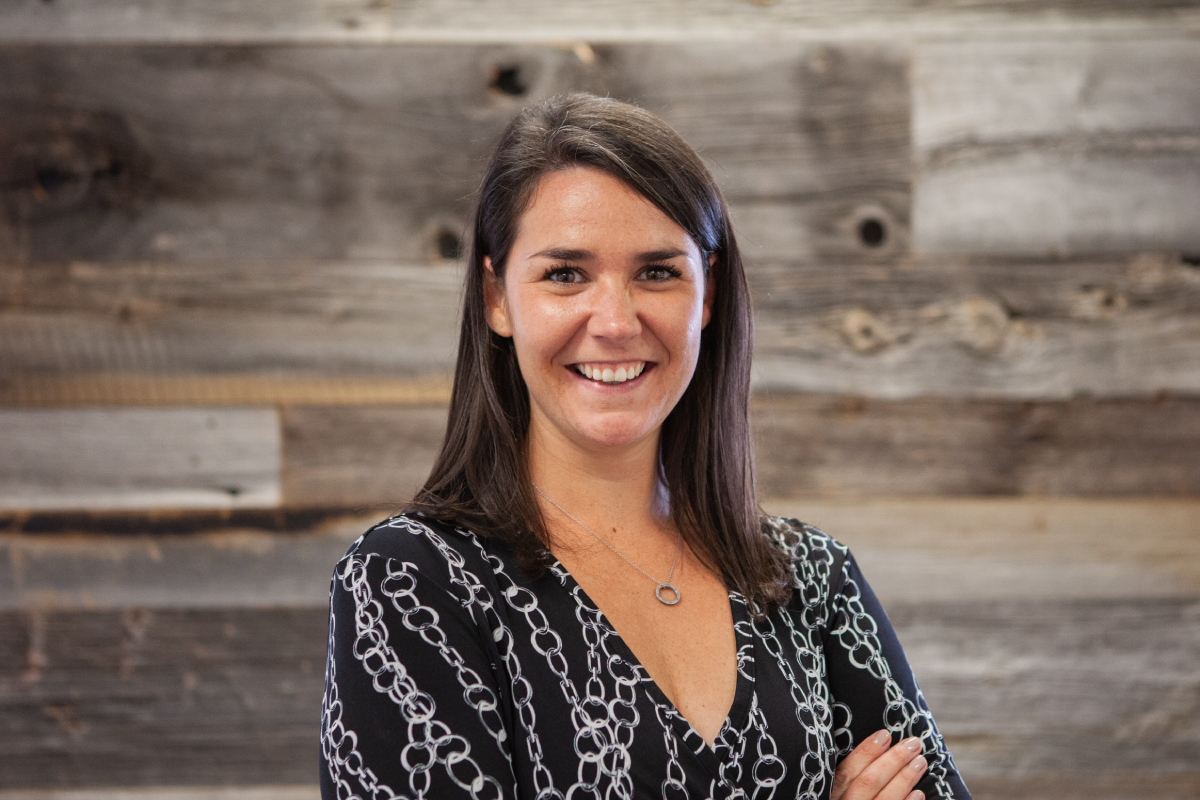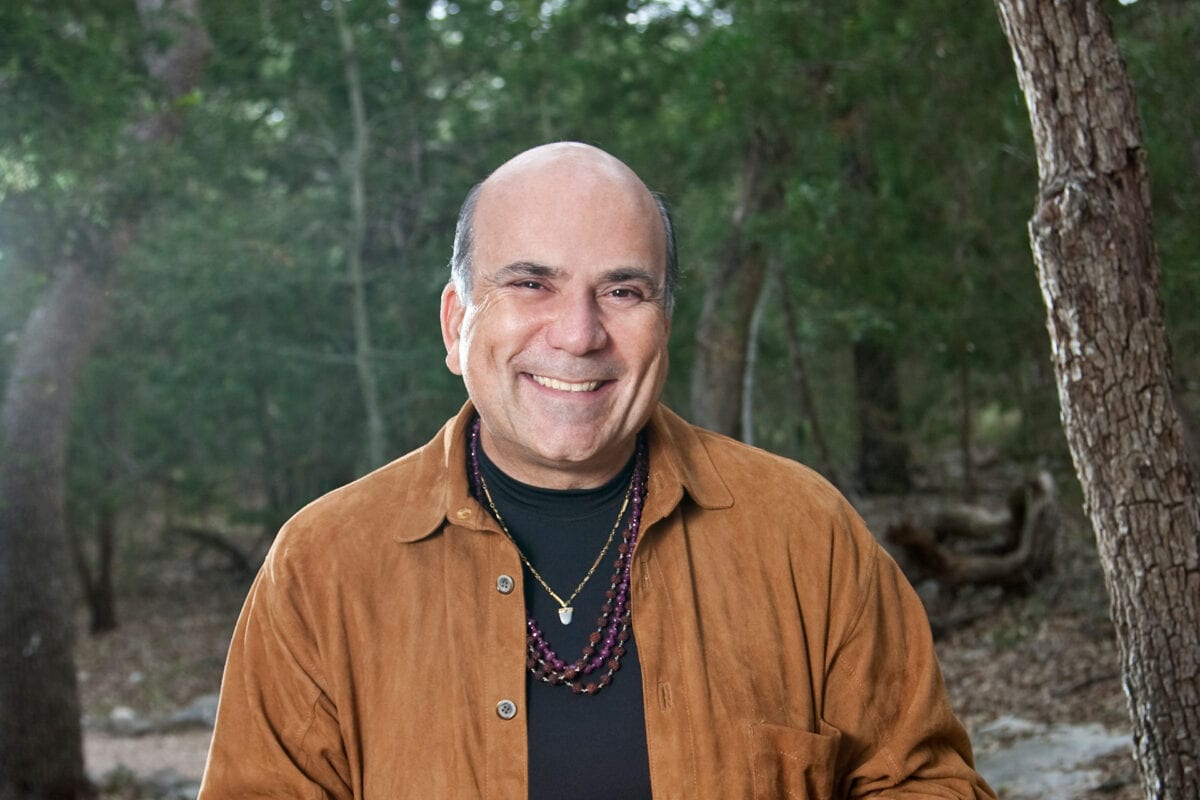Photo courtesy of Kayla Isabelle.
Kayla Isabelle is a force for helping entrepreneurs achieve their goals, creating strong local and national networks for them, and helping them grow. She was recently awarded the 2021 RevolutionHER Impact Award in Leadership and the 2021 Women of Inspiration Authentic Leader Award. Kayla is not only continuing to blaze a path forward in leadership, business, and scaling up but motivates thousands of up-and-coming entrepreneurs to raise the bar as well.
Kayla shares her insights with The Edge about what’s working, what’s next, and the confidence to keep going.
What was your initial goal with Startup Canada, and how has it evolved?
The co-founders started the organization 10 years ago, and it was a very different environment in terms of support for entrepreneurs. A decade ago, there was no community around entrepreneurship, and people were feeling very isolated. They didn’t have a good understanding of who could help them build their businesses or what opportunities there were within the small business community. We started with a cross-Canada tour, and we organized consultations, trying to understand what entrepreneurs were struggling with and how we could package together some recommendations to help.
We started championing the idea of entrepreneurship. We now find ourselves connecting Canada’s entrepreneurs with tools, showcasing different existing supports, as well as helping them navigate through this system. While we have shifted over time, that community focus has stayed true — face-to-face connections that can help guide you through all of the different resources in a simple and effective way.
Startup Canada offers many different options for entrepreneurs: mentorships, one-on-one sessions, networking opportunities, a month-long program specifically for women, and more. How does the platform strive to make an impact?
We’ve had to do a lot of self-exploration and figuring out where we can invest our time, energy, and strengths to make the biggest impact. The direction that we’ve taken, spurred by COVID, was expanding our programs to rural, remote locations, truly making an impact across Canada. We’ve found that entrepreneurs don’t necessarily know the problems they’re going to be facing throughout their career, and they need to get advice, find expertise, or get support to scale. We’ve shifted our programs to make a better impact consistently throughout a longer period of time. We’ve also noticed a lack of support around globally aspiring start-ups, particularly understanding how to export. For Startup Women, this was a new program that took a completely different shift during COVID, as we’ll be moving to an annual structure where women entrepreneurs can get more support from a network of trusted partners.
There’s so much out there in terms of mentorship programs and long-lasting relationships that can be built with fabulous organizations. Through this, we are able to connect with a more robust ecosystem, where entrepreneurs actually know what they have at their disposal and ultimately make a better impact within the entrepreneurship system through our programming.
What are the biggest challenges that budding entrepreneurs face? How does Startup Canada help people gain the confidence to take the plunge into the world of entrepreneurship?
Canada is full of incredible business ideas with super-innovative approaches from coast to coast. Aside from funding, what entrepreneurs struggle with is navigating early steps, demystifying those initial building blocks, and understanding all of the different parts of actually building a business. What does it mean to be incorporated? What is a trademark? It’s not the business idea — it’s the [periphery] and the scaffolding of the business where entrepreneurs get stuck in either not knowing where to start or missing key business components that could impact their longevity and success.
The challenges that we often see are a lack of foundational awareness and education. Once you have a better grasp on these elements, it creates more confidence because as you check all of your boxes, you’re going to be feeling more empowered. This is particularly true for women entrepreneurs, who often want to have all of those different moving parts 100 per cent solidified before going after funding. Building such confidence will then help more businesses start and then scale successfully.
Can you talk about start-up communities? What are they, and how did they come about?
Start-up communities are the lifeblood of Startup Canada. We would not be here without their support and the perspective that they offer. While Startup Canada is a national non-profit, we have numerous local communities around the country — 39 at the moment. All of these help local entrepreneurs navigate their existing communities. Various investment groups, accelerators, and incubators help with understanding a complicated landscape but still have a direct line to the national organization. We had just under 4,000 entrepreneurs supported this year. We have a new program called Startup Gov, where we’ve consulted with our communities to advocate on their behalf to the federal, provincial, and municipal governments, which engaged 5,700 participants during small business week. We have a registered lobbyist and capture all of their recommendations, which we then champion directly to all levels of government so that we can actually influence some meaningful changes.
What are the key elements to being successful as an entrepreneur?
I think the courage to know that you can’t be all things to all people. Asking for help is often a huge barrier to success, particularly for women entrepreneurs. Even myself, running a non-profit, I often found myself questioning my own abilities or knowledge. I hate the term “imposter syndrome,” but many entrepreneurs often feel this way as they navigate through uncharted territory.
It’s important to acknowledge that you cannot be an expert in all things, so reaching out to these networks and knowing that you have a community of entrepreneurs who feel exactly the same way is very powerful. Also, the importance of looking at the legal side of things — such as trademarks especially when you’re scaling internationally) or investing time in contracts, both for your employees and various stakeholders — is critical. Having solid legal and financial advice is key. I think it’s essential to be courageous enough to take feedback, to see what the market trends are, and to see how things evolve to stay relevant.
Stephanie Hawkins | Contributing Writer




















